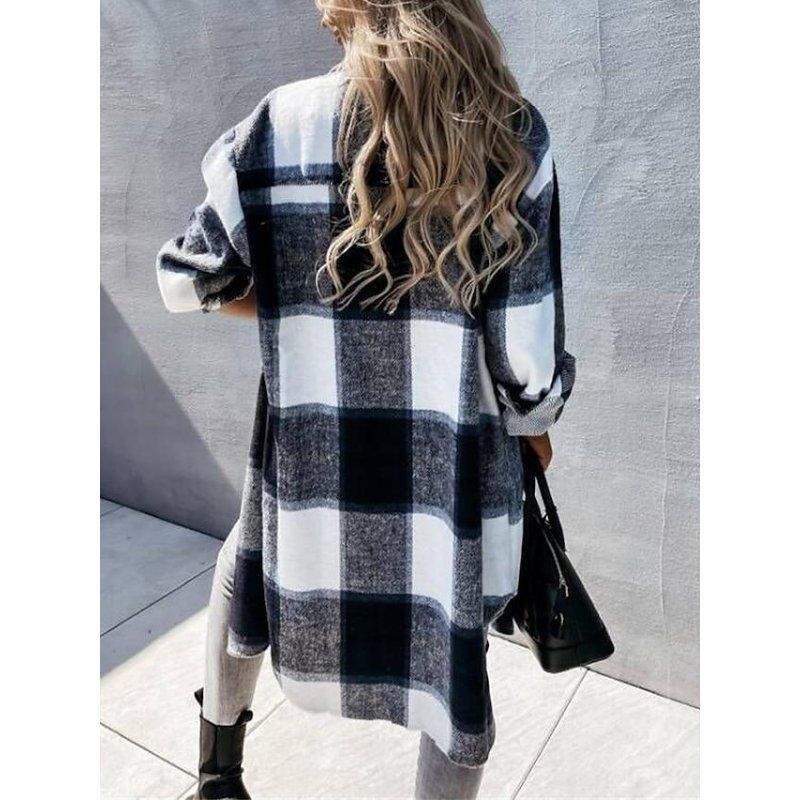Title:The Development of the Fashion Industry and Its Impact on Consumers
Tag: fashion, clothing, industry, consumer behavior
Fashion has always been an integral part of human society. From ancient times to the modern era, people have been dressing up in various ways to express their individuality and social status. However, with the rise of globalization and technological advancements, the fashion industry has undergone significant changes that have not only transformed how we dress but also impacted our consumer behaviors.
The development of technology has helped shape the fashion industry into what it is today. With e-commerce platforms and online shopping becoming more prevalent, consumers now have access to a wide range of clothing options from all over the world. This has led to increased competition among fashion brands, resulting in better quality products at competitive prices.
Moreover, social media plays a crucial role in promoting new trends and influencing consumer preferences. We are constantly bombarded with images of celebrities and influencers showcasing their latest outfits on Instagram or TikTok. As a result, consumers often feel pressured to keep up with these trends and purchase trendy items even if they do not necessarily need them.
Another major impact of technology on the fashion industry is fast-fashion. Brands like Zara and H&M are known for their quick turnaround time in producing affordable yet stylish clothing based on current trends. While this may seem beneficial for consumers due to its affordability and accessibility, it comes at a cost – unethical labor practices and environmental pollution caused by excessive production.
Furthermore, sustainability has become a key concern for both brands and consumers alike as awareness about its impact on our planet continues to grow. Many companies are now incorporating sustainable practices such as using organic materials or implementing ethical production processes into their operations.
On the other hand, consumers are becoming more conscious about where their clothes come from and its impact on the environment before making purchases. This shift in mindset has given rise to slow-fashion movements that prioritize buying fewer but high-quality pieces that will last longer and have less environmental impact.
In conclusion, the fashion industry has come a long way from being solely about style and self-expression. With the advent of technology and changing consumer behaviors, it has become a highly competitive global business that impacts not only our wallets but also our planet. As consumers, we hold immense power in shaping the future of this industry through conscious choices and supporting sustainable practices.

